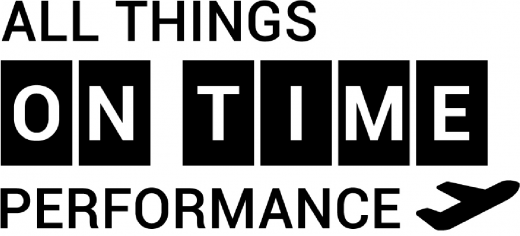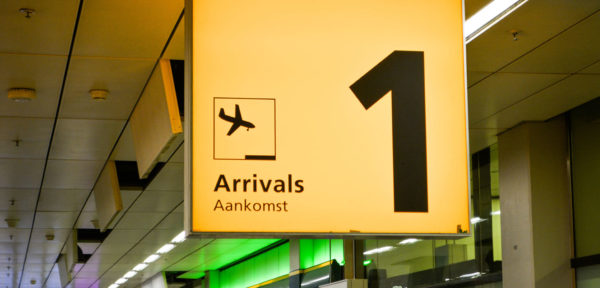When getting on an aircraft, you would like to depart punctually which means at a certain point of time that has been determined and published officially some time before. In order to ensure this punctuality many people and different processes are involved and must be executed. This is mainly the so-called aircraft turn-around process. It includes all services that need to be done around an aircraft between landing of the aircraft until its departure such as taxiing and towing of the aircraft, transport of passengers and the crew between aircraft and terminal, cleaning, unloading and loading, catering and boarding. As usual in life if many different parties are involved it is most likely that at least parts of the big plan will not be completed as they should. Bad weather conditions, delayed passengers and technical problems are only some of the multiple and complex reasons. The overall punctuality of the flight would not be feasible anymore if we insist on completing all required actions at a certain time. Some kind of flexibility is necessary to guarantee that the aircraft is punctual and departs on a certain point of time.
On-time performance (OTP) enables the required flexibility. What is most important about OTP is that the right people are at the right place at the right point of time. A possible combination of time periods is combined rather than certain points in time. Services during the turn-around must be executed in a defined order such as for example cleaning services must take place before boarding and fueling also takes place before the boarding of passengers for security reasons.
In real life not only one aircraft at a time but a multitude of flights in parallel, with different durations at different points of time are handled. In the year 2018 Frankfurt Airport states an average of 1403 daily departures and landings.
Considering this highly complex environment it is obvious that punctuality in the sense of fulfilling certain processes at determined points of time will not reach the goal. Like the instruments of an orchestra all parties involved work together. The individual adapts to the rhythm of the whole and this way each sound finds its place at the right time. Each sound or in our case each process, every single step in the turn-around process takes place exactly at the right time and on-time. Ideally there exists a conductor like with an orchestra, someone who pulls the strings, who controls the beat and who overviews the whole. In the past magnetic boards, Excel sheet and human power were used to fulfill this responsible task. This is almost impossible considering the complexity in today’s aviation business. Therefore, most airports and airlines rely on the support of a Digital Decision Making software system based on Artificial Intelligence (AI) and Operations Research, including Machine Learning and Fuzzy Logic, that integrates with the corporate IT.
These kind of software systems bring a long a high degree of transparency in the whole turnaround process. All major clearance activities, milestones, passenger connections, baggage and crew transfers as well as their interdependencies can be monitored in real time. Possible bottlenecks are identified at an early stage and those responsible can be notified immediately via mobile devices. Based on the flight and handling details monitored, an impending flight delay is calculated, resulting in a highly reliable assessment of which processes may cause a delay. This way, appropriate countermeasures can be taken to avoid operational disruptions and performance is still on time.
This way intelligent software helps airlines to practice most efficient on-time performance and guarantees a high degree of punctuality. Hence, punctuality and on-time-performance do not exclude each other but on-time-performance is the condition that in the end leads to punctuality.
This is the very western way of looking at punctuality and on-time-performance. In the end punctuality is the driving factor. There are other cultures in which on-time-performance is much more important than punctuality. It is absolutely accepted to arrive an hour earlier or later when having an appointment. You arrive at the most adequate time, the time that suites best and ideally that should be the best time for all parties involved. This requires patience, trust, openness, an ability to let things go and certainly a quiet and simple way of life. The complex life of aviation therefore can hardly be guided by just on-time-performed tasks, it needs punctuality, which is the lighthouse which safely directs the ships or in our case aircrafts and passengers, crew, ground handling and airport employees to arrive at their destinations.





0 comments on “Punctuality versus On-Time Performance”